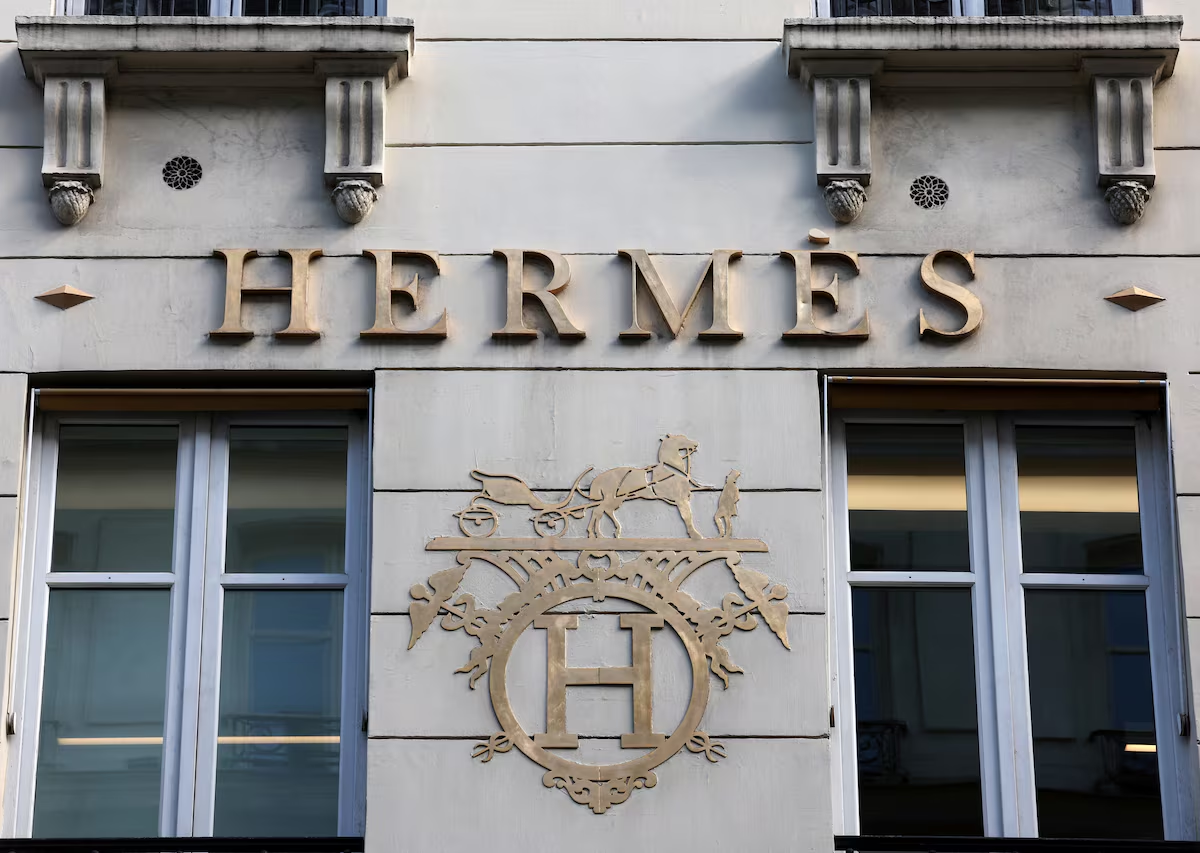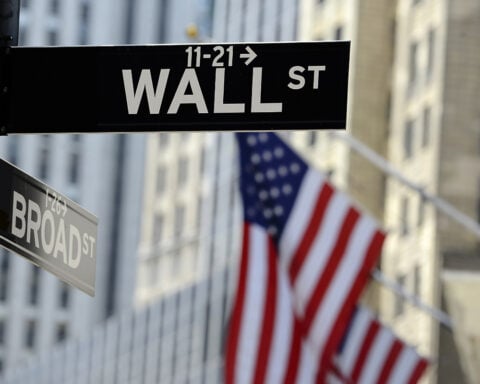The European luxury goods market faced a significant blow on Thursday as shares in some of the region’s most prominent companies fell sharply. The drop comes amid growing concerns over the slowing demand in China, a crucial market for luxury goods. Traders pointed to the latest signs of weakness in the world’s second-largest economy, further fueling fears of a potential downturn. By 1225 GMT, the top ten European luxury stocks had dropped over 3%, approaching the lows seen during the early August market slump.
Key Luxury Brands Suffer Major Losses
Luxury sector giants like LVMH, Hermes, and Brunello Cucinelli were among the hardest hit by the market’s downturn. LVMH, a heavyweight in the luxury sector, saw its shares decline by over 3% in Paris. Other notable brands, such as Hermes and Italy’s Brunello Cucinelli, experienced even more substantial losses, with shares falling by 6% and 5%, respectively. These drops were significantly steeper than the STOXX 600 index, which was only down by 0.4%.
JPMorgan’s recent downgrade of Chinese stocks has also fueled the fire. The investment bank has warned about the possibility of a second tariff war after the upcoming U.S. elections in November, contributing to concerns over China’s growth. Despite the peak summer travel season, the slowdown in China’s services sector activity in August has led many companies to reduce staff due to rising costs.
Warnings of a Long-Term Slowdown in Chinese Luxury Spending
Jelena Sokolova, a senior equity analyst at Morningstar, noted that “concerns about demand in China have disproportionately hit the luxury sector.” She also pointed out a media report on Thursday regarding LVMH-owned Tiffany downsizing its flagship store in Shanghai as a possible reason for the sector’s weakness. “The scaling back of the flagship store could signal a potential domino effect,” Sokolova added, calling it a space to watch closely in the coming months.
LVMH’s beauty retailer, Sephora, further evidences the impact of China’s economic slowdown on luxury goods. On August 21, Sephora announced it was cutting its workforce in China as consumers started to limit purchases of beauty products like creams and make-up. Analysts and luxury executives alike have cautioned that a recovery in luxury spending in China is unlikely to occur within the year.
The Road Ahead for European Luxury Goods
As the situation unfolds, the extent to which the Chinese economic slowdown will affect the European luxury market remains uncertain. For now, luxury brands are preparing for prolonged sluggish demand. The global luxury sector’s dependence on China’s market growth has been evident for years, but with new challenges arising, companies are bracing for a difficult road ahead.
In the face of these mounting concerns, brands must strategize carefully to navigate the current market conditions. As Jelena Sokolova wisely remarked, “This is a space to watch,” indeed, the luxury sector’s response to the unfolding challenges will be critical in shaping its future.
Preparing for Uncertain Times
The drop in European luxury stocks highlights the global market’s sensitivity to China’s economic health. As concerns over Chinese demand continue to grow, luxury brands must adapt to a changing market landscape. Whether through downsizing operations or cutting costs, the luxury sector is likely in for a challenging period. However, with careful planning, there is hope that companies can weather the storm and regain stability in the long run.







